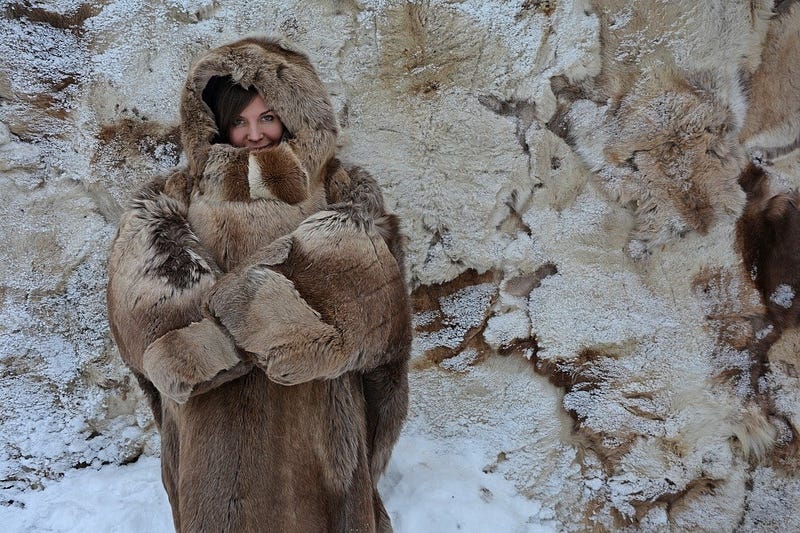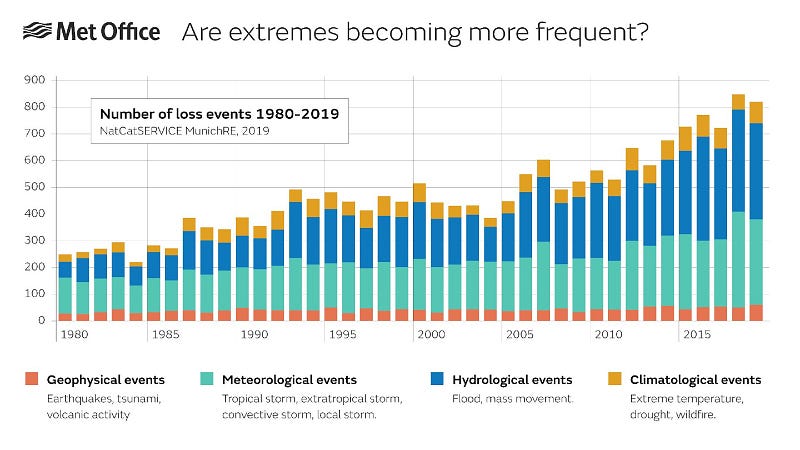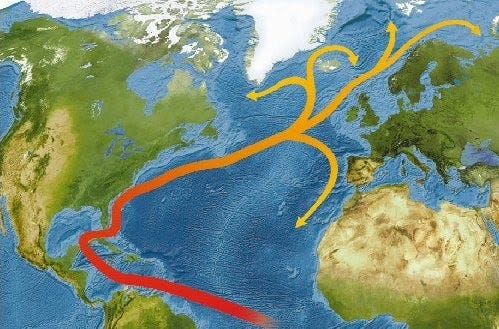The Impacts of Climate Change on the UK: A Warming Future
Written on
Chapter 1: The Changing Climate of the UK
Recent trends in climate seem to contradict what we expect. The UK has experienced an unprecedented year marked by record rainfall, heat, and sunshine—all at once. The phenomenon of global warming contributes to an increase in atmospheric moisture, leading to more rain, while also resulting in warmer and sunnier days.
As we look forward, winters in the UK are anticipated to become milder and wetter on average. However, occasional cold or dry winters will still occur. Conversely, summers are expected to become hotter and may trend drier, although there remains a possibility for wetter conditions. By 2050, heatwaves similar to those witnessed in 2018 are predicted to occur every other year.
By 2070, projections indicate:
- Winters could be between 1 and 4.5°C warmer and up to 30% wetter.
- Summers could see an increase of 1 to 6°C and be up to 60% drier.
(Source: Met Office)

Chapter 2: The Gulf Stream and Its Implications
The Gulf Stream, which is responsible for transporting warm water northward and cold water southward, is showing signs of decline. Scientists have started referring to it as the Atlantic Meridional Overturning Circulation (AMOC), and it is currently at its weakest point since 1930. This current plays a crucial role in moderating the winters of Great Britain, Ireland, and Northern France.
The AMOC is essential for cycling warm water from the tropics, which contributes to milder winter conditions in these regions. As the warm water cools in the north, it sinks to the ocean floor and flows back toward the tropics.

However, the AMOC is showing signs of potential failure. The influx of freshwater from melting ice in Greenland and the Arctic is making the surface water less dense, inhibiting the sinking process that drives the AMOC. While the complete shutdown of this circulation may not happen until around 2300, the effects of climate change are already manifesting, leading to more extreme weather in the North Atlantic.
Anticipate more intense storms as the Gulf Stream's influence diminishes, with implications for the UK and Ireland. The interaction between climate change and natural cycles complicates the situation.

As global temperatures rise, the Arctic ice melt exacerbates the weakening of the AMOC. Unfortunately, once this circulation halts, simply reducing global temperatures will not suffice to restart it; a significant cooling phase is necessary, which could lead to an ice age.
Reflections on Future Climate Challenges
While the melting of the Greenland ice cap poses a long-term risk of cooling for northwestern Europe, the immediate future sees a trend toward warmer, wetter, and drier conditions across the UK. Severe storms and flooding are expected to increase, driven by enhanced moisture in the atmosphere.
I began researching the interplay between global warming and natural climate cycles after stumbling upon a thought-provoking article. Stay tuned for further insights as the situation evolves.
The video titled "Joe Rogan Experience #1555 - Alex Jones & Tim Dillon" discusses various aspects of climate change, providing an engaging look at the future challenges we face.